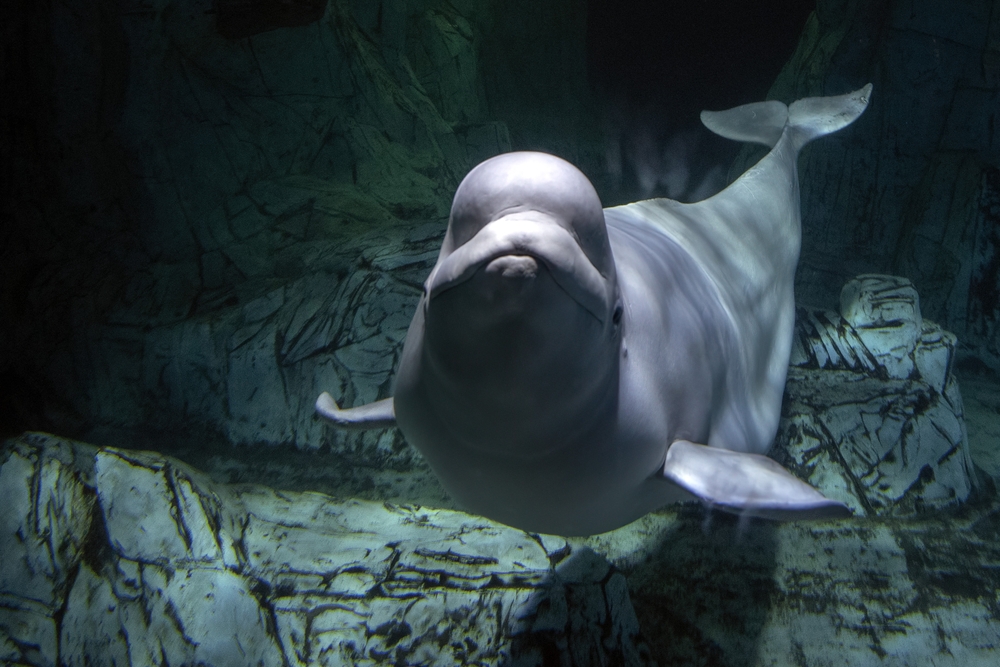The whale was discovered floating lifeless in Risavika Bay.
Others are reading now
Hvaldimir, the beluga whale that gained international attention in 2019 for allegedly being a Russian naval spy, was found dead over the weekend in southwestern Norway.
Harness Removed
The whale was discovered floating lifeless in Risavika Bay, according to the NGO Marine Mind, which had been tracking the animal’s movements.
Hvaldimir was first spotted five years ago in Arctic waters off Norway’s Finnmark region, wearing a harness labeled “St. Petersburg.”
This unusual accessory led to widespread speculation that the whale had been trained by the Russian military, a theory fueled by its apparent comfort around humans and tendency to approach boats.
Also read
The harness, which was removed by marine biologists, featured a mount likely intended for a camera.
Despite these suspicions, Moscow has never commented on the whale’s origins or the speculation surrounding its possible military training.
Concers About his Health
The recent discovery of Hvaldimir’s body was confirmed by Fredrik Skarbøvik, the maritime coordinator at the Stavanger port.
Sebastian Strand, the founder of Marine Mind, shared that the whale was seen alive just 24 hours before being found dead. Initial examinations revealed no visible injuries, and the body has been sent for a necropsy at a veterinary institute to determine the cause of death.
Hvaldimir, estimated to be 14-15 years old, had been observed in various locations since his first appearance, including the west coast of Sweden. There had been growing concerns about his health, as the whale showed signs of weight loss and appeared to struggle finding food.
Beluga whales typically inhabit Arctic waters, such as those around Greenland, and the Russian and Norwegian Arctic regions. Hvaldimir’s death marks the end of a chapter in a story that captured global curiosity and raised questions about the use of marine animals in military operations.


